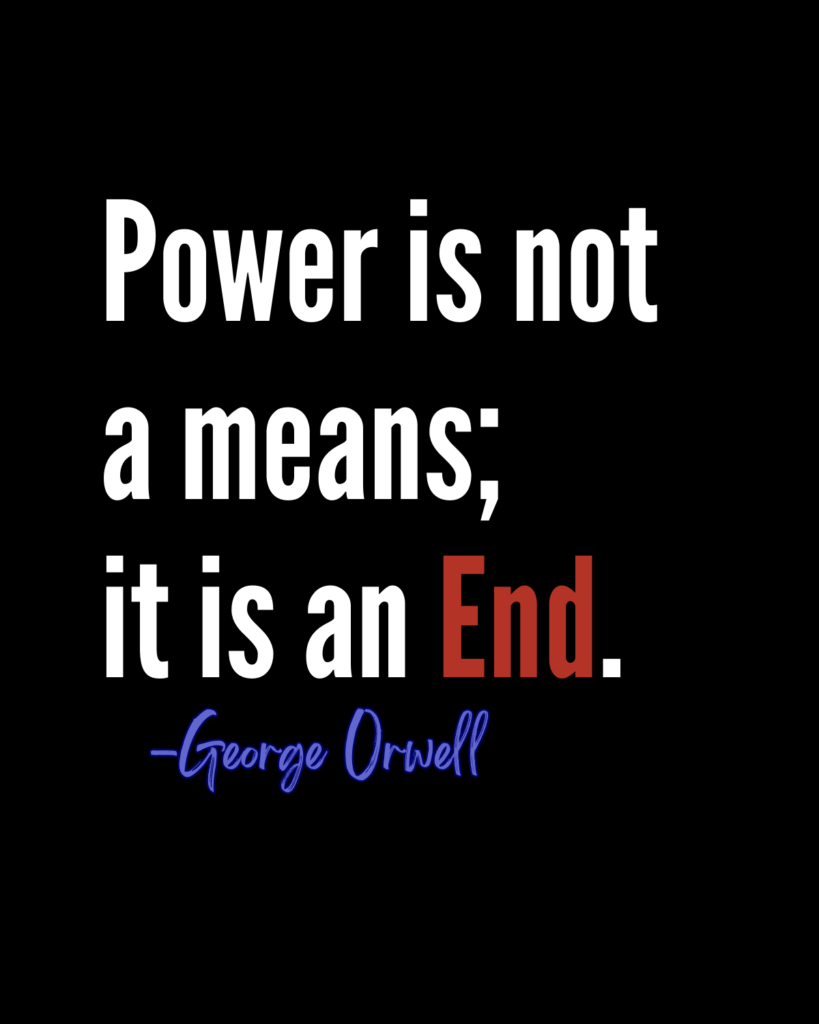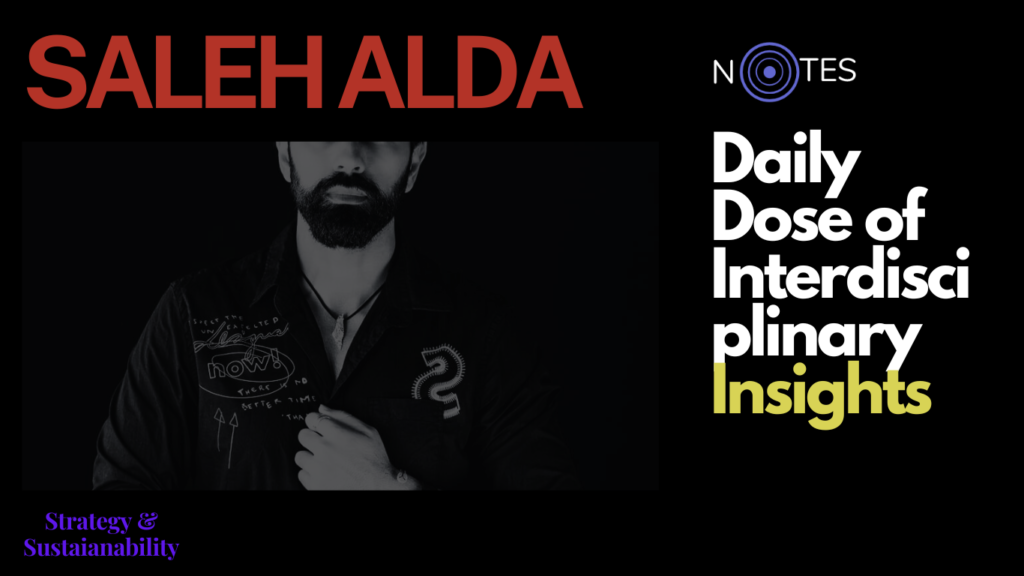Reshaping Power in the West Asia: Iran’s Rise, Israel’s Decline
Your Daily Dose of Interdisciplinary Insights
I will set aside my sorrows, desires, and pains to focus on the strategic realities before us. As a Palestinian, I strive to see the world as it truly is, acknowledging the truth, whether it comes from those who support me or from those who stand against me.

Iran, one of the oldest and one of the most geopolitically significant countries in the Middle East has been under siege for 40 years. Despite relentless pressure, it has effectively resisted attempts to destabilize it by its primary adversary, Israel, which seeks regional hegemony. The Zionist axis now tries to depict Iran as weak. Yet, Iran’s strategic depth is evident in its “allies” deployment of 100,000 fighters and 200,000 missiles along Israel’s northern border, with a comparable force positioned to the east. Furthermore, Iran has cultivated a powerful ally within occupied Palestine, which has engaged Israel in a prolonged 10-month conflict, inflicting severe tactical and strategic losses on the Israeli Forces (IOF).
Israel, once the emblem of Western power projection in the Middle East, has increasingly become an isolated state, a pariah practicing collective apartheid. Over the past two decades, Iran has employed asymmetric warfare through its regional allies, launching tens of thousands of missiles that have disrupted Israel’s strategic calculus and sown discord within the Zionist entity. In response, Israel, at its top response, has resorted to covert operations, such as the assassination of a faction leader in Tehran—an act carried out in secrecy, without acknowledgment, underscoring Israel’s inability to respond openly and decisively. Now, as Iran stands poised to retaliate, Israel scrambles for international support, appealing to the United States to deploy aircraft carriers as a deterrent against Iran’s growing missile threat.
In strategic terms, Iran’s approach has been one of strategic patience and leveraging its asymmetric advantages. While Israel and its allies focus on conventional military might, Iran has excelled in hybrid warfare: combining military, political, and economic tools to achieve its objectives. Iran’s nuclear program continues to progress, not merely as a deterrent but as a key component of its strategic autonomy. Simultaneously, Iran deepens its strategic partnerships with Russia, especially in the context of the Ukraine conflict, and strengthens its economic and military ties with China. This trilateral alignment indicates a broader strategy aimed at counterbalancing US influence and securing Iran’s position as a regional power.
Inertia is the enemy of strategy
On the other hand, Iran’s regional adversaries—fragile states heavily dependent on oil, desalination technology, and American security guarantees—have aligned themselves with the Zionist regime. However, their reliance on a weakened Israel for protection is strategically flawed. How can Israel safeguard these states when it struggles to protect its own leadership, with its president and defense minister seeking refuge in nuclear bunkers? Is Iran truly weak, given its demonstrated ability to project power across the region? And this doesn’t even take into account Iran’s strategic control over Yemen, its influence over critical maritime chokepoints in the Red Sea, and its capacity to disrupt global oil supplies by targeting infrastructure in the Gulf.

From a grand strategy perspective, it is naïve to think that American strategists are blind to these dynamics. The concept of strategic realism suggests that the US will inevitably negotiate with the true centers of power in the region, recognizing where its long-term interests lie. The notion that the United States will continue to back Israel unconditionally despite the escalating costs and diminishing returns is both delusional and strategically unsound.
The weaker the forces at the disposition of the commander, the more appealing the use of cunning becomes.
Iran is on the cusp of becoming the dominant power in the region, effectively positioning itself as the regional enforcer. The only potential rival, Turkey, is increasingly hampered by strategic miscalculations and domestic challenges, leaving it ill-prepared to compete with Iran’s rising influence. In this shifting landscape, Iran’s strategic vision, backed by its growing military capabilities and robust alliances, positions it as the key actor in the Middle East, while its adversaries falter.
The Myth of Israel as a Strategic Asset
Israel’s purported role as a strategic asset for the United States has long been overstated, driven more by the powerful influence of the pro-Israel lobby than by any objective assessment of its value to American strategic interests. Scholars like Professor John Mearsheimer have argued that Israel is more of a liability than an asset to the United States. Israel’s value as a strategic partner in the Cold War era, when it served as a bulwark against Soviet influence in the Middle East, has diminished significantly in the post-Cold War world.
Today, Israel’s actions often complicate US diplomacy and undermine American interests in the broader Middle East. For instance, Israel’s occupation of Palestinian territories and its aggressive stance towards Iran alienate Arab and Muslim nations, making it more difficult for the US to build coalitions and pursue its interests in the region. The persistent instability caused by Israel’s policies not only drains American diplomatic capital but also risks dragging the US into conflicts that are not in its national interest.
Moreover, Israel’s military capabilities, while advanced, are not indispensable to the US, which already possesses overwhelming military power in the region. The US maintains significant military bases in the Gulf, access to NATO infrastructure in Turkey, and close ties with key regional players like Saudi Arabia and Egypt. These relationships provide the US with far more strategic leverage than its alliance with Israel ever could.
The continued American support for Israel, despite these drawbacks, can be largely attributed to the influence of the Israel lobby in Washington, which wields considerable power over US foreign policy. This lobby’s ability to shape American policy in favor of Israel often comes at the expense of broader US interests in the Middle East. As Mearsheimer and others have pointed out, this influence is not grounded in a rational assessment of American strategic needs but in domestic political considerations.
As Israel becomes increasingly isolated and its strategic value diminishes, it is only a matter of time before American policymakers begin to reassess the wisdom of their uncritical support for Israel. The rise of Iran as a regional power further complicates this equation, as Iran’s strategic importance grows while Israel’s relevance declines. In this context, it is conceivable that the US might seek to engage more constructively with Iran, recognizing that its interests in the Middle East may be better served by accommodating a strong, stable Iran rather than an increasingly isolated Israel.
In the end, peace can be achieved only by hegemony or by balance of power.
In the end, the strategic realities on the ground point to a shifting balance of power in the Middle East, one where Iran is poised to emerge as a dominant force while Israel’s role as a strategic asset to the United States continues to fade into obscurity. The US will need to adapt its strategy accordingly, prioritizing its long-term interests over the narrow agendas pushed by powerful lobbying groups.


